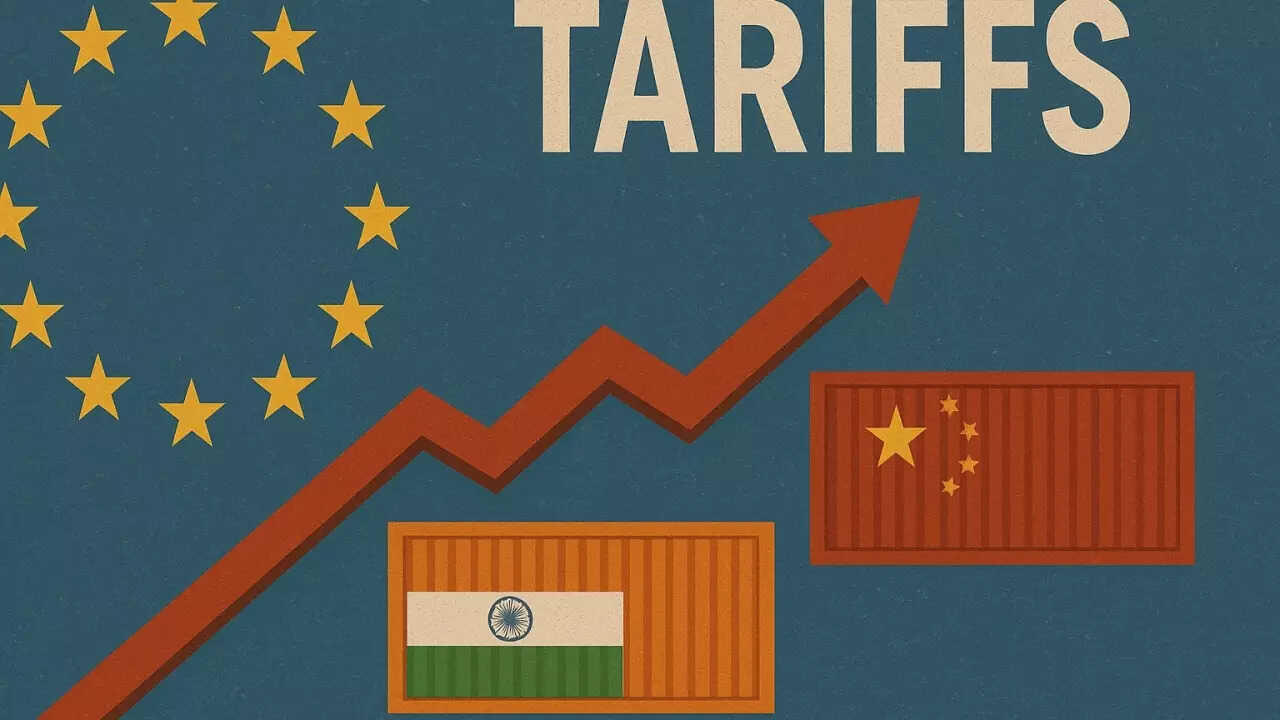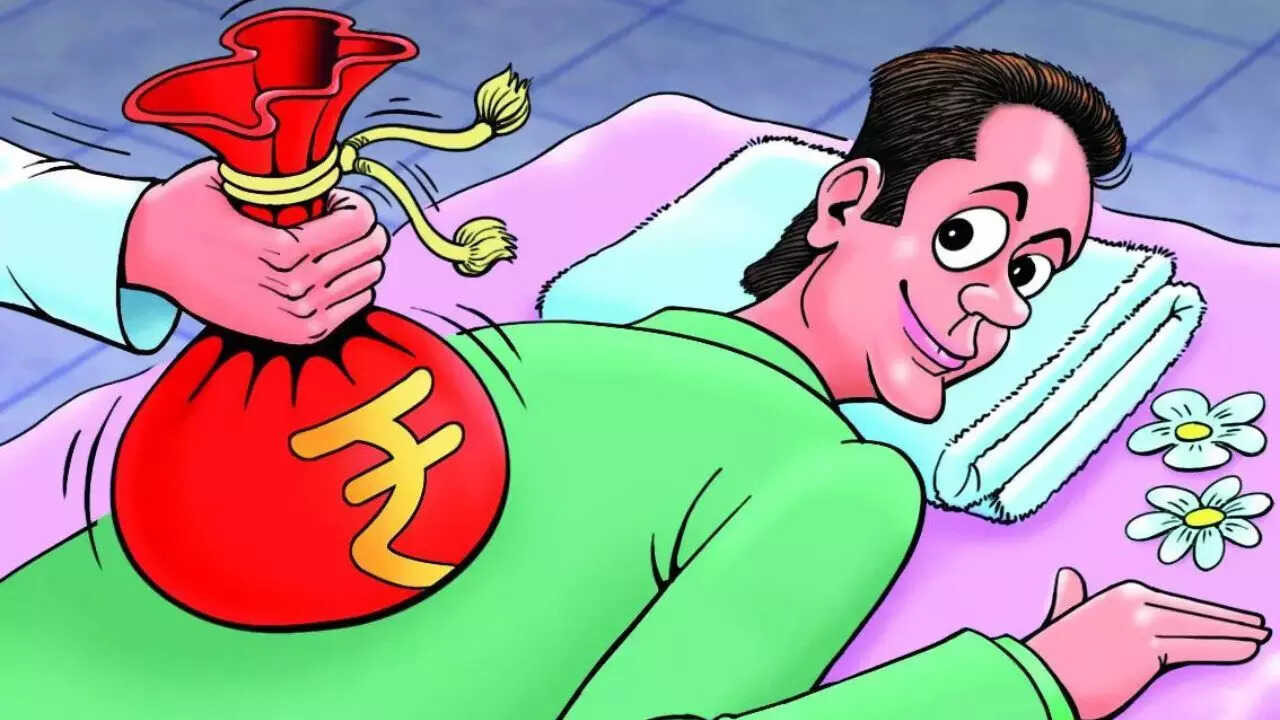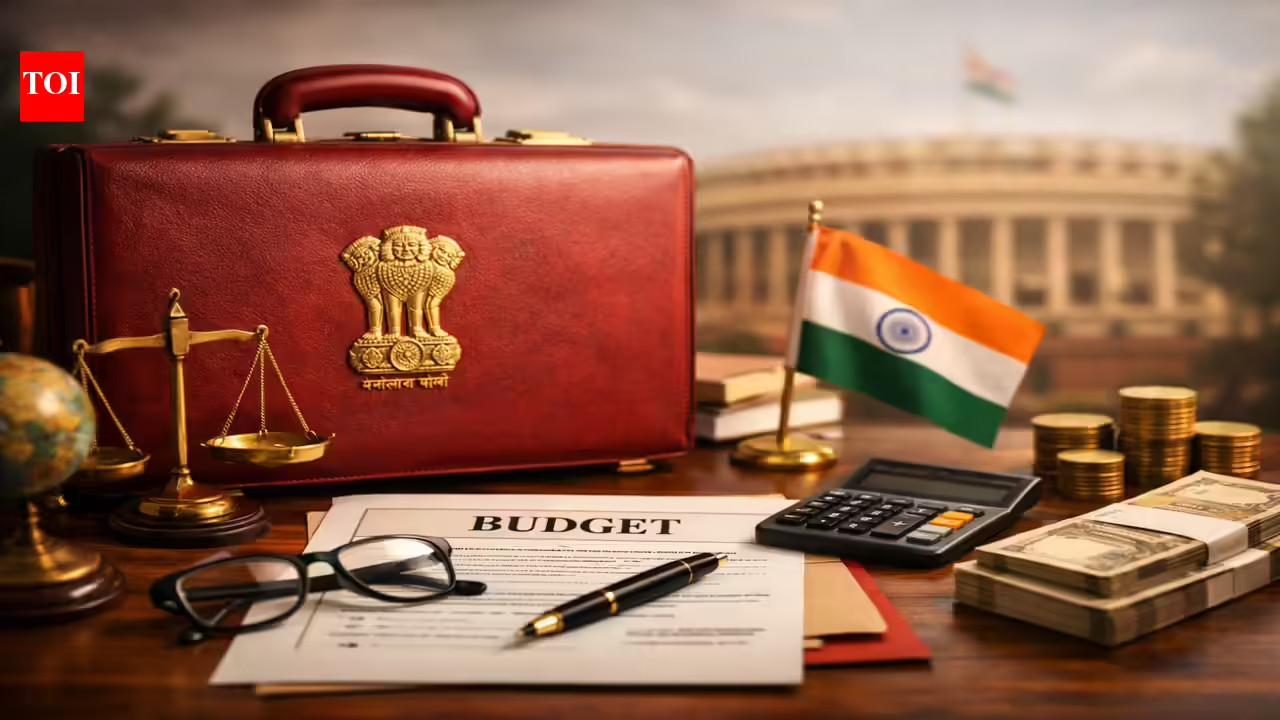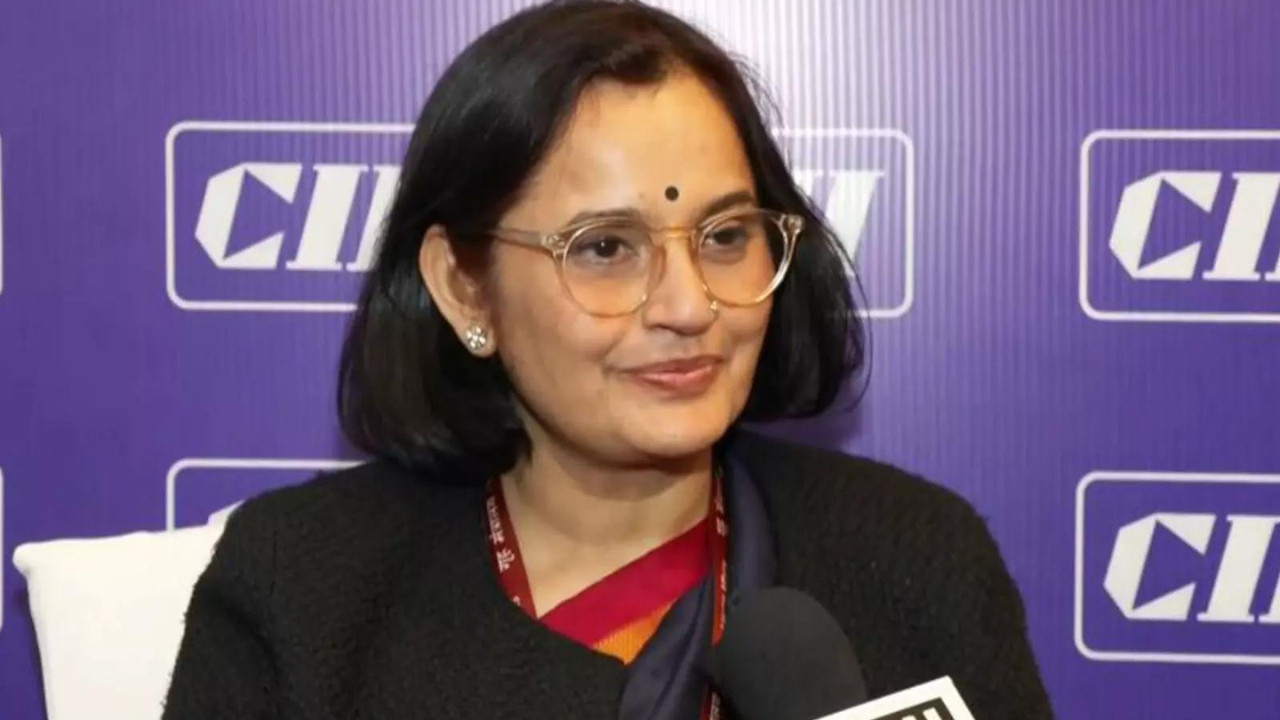The European Union is unlikely to impose hefty tariffs on India and China for purchasing Russian oil, despite suggestions from the US. The EU, while aligning Russia sanctions with the US, prefers targeted measures over broad tariffs.
A Tariff Tango: Trump’s EU Gambit and the Shifting Sands of Global Trade
Donald Trump’s recent suggestion that the European Union slap tariffs of up to 100% on goods from India and China has certainly stirred the pot in the already complex world of international trade. It’s a bold move, seemingly aimed at leveraging the EU’s economic power to pressure these two Asian giants. But is it a viable strategy, and more importantly, is it something the EU would even consider? The answer, as always with international politics and economics, is nuanced.
Trump’s rationale, reportedly shared during a recent donor event, hinges on the idea that India and China are taking advantage of the United States. He believes, presumably, that punitive tariffs levied by the EU would force them to renegotiate trade deals on terms more favorable to the U.S. This gambit, however, overlooks the intricate web of relationships and economic realities that govern global commerce.
Why the EU Might Hesitate on Imposing Tariffs
The EU, while sharing some concerns about trade imbalances and unfair practices, operates with a different set of priorities and considerations than the former U.S. president. Firstly, the EU has its own, well-established trade policies and mechanisms for addressing disputes. It’s unlikely to blindly adopt a strategy dictated by an outside party, even one as influential as the United States.
Secondly, the EU has significant trade relationships with both India and China. These relationships are built on years of negotiation and mutual benefit, even if some friction exists. Imposing hefty tariffs could disrupt supply chains, increase costs for European consumers, and potentially trigger retaliatory measures from both India and China. This would undoubtedly harm the EU’s own economic interests.

Finally, the EU values multilateralism and adherence to international trade rules, often working through the World Trade Organization (WTO) to resolve disputes. Unilateral action, like imposing blanket tariffs, goes against this approach and could undermine the WTO’s authority.
India and China: Navigating the Trade Winds
Both India and China have responded to Trump’s suggestion with a degree of measured calm. They are, after all, seasoned players on the global stage. India, with its rapidly growing economy and increasingly assertive diplomatic presence, is unlikely to be easily swayed by external pressure. Instead, India will likely double down on its efforts to diversify its trade relationships and strengthen its own domestic manufacturing capabilities. You can read more about India’s growing economic influence here.
China, too, has been actively seeking to reduce its dependence on any single trading partner and is investing heavily in initiatives like the Belt and Road Initiative to expand its economic reach. While tariffs would undoubtedly pose a challenge, China has proven adept at adapting to changing circumstances and finding alternative markets.
The Broader Implications of Increased Tariffs
Trump’s suggestion, regardless of its likelihood of being implemented, highlights the ongoing tensions surrounding global trade. The era of free and unfettered trade is increasingly being challenged by concerns about fairness, security, and the impact of globalization on domestic industries. The rise of protectionist sentiments, fueled by anxieties about job losses and economic inequality, is reshaping the landscape of international commerce.
Whether the EU chooses to heed Trump’s call remains to be seen. However, the episode underscores the need for a more nuanced and collaborative approach to addressing trade imbalances and ensuring a level playing field for all. Slapping tariffs left and right might offer a temporary fix, but it’s unlikely to solve the underlying problems and could even exacerbate existing tensions. A tariff tango, indeed, is not always a graceful dance.
The future of global trade hinges on finding solutions that promote sustainable and equitable growth for all nations involved. Focusing on fair trade practices, transparent negotiations, and investments in innovation and workforce development will be far more effective than resorting to protectionist measures that ultimately harm everyone. The global economy demands cooperation and strategic thinking, not just blunt instruments.







